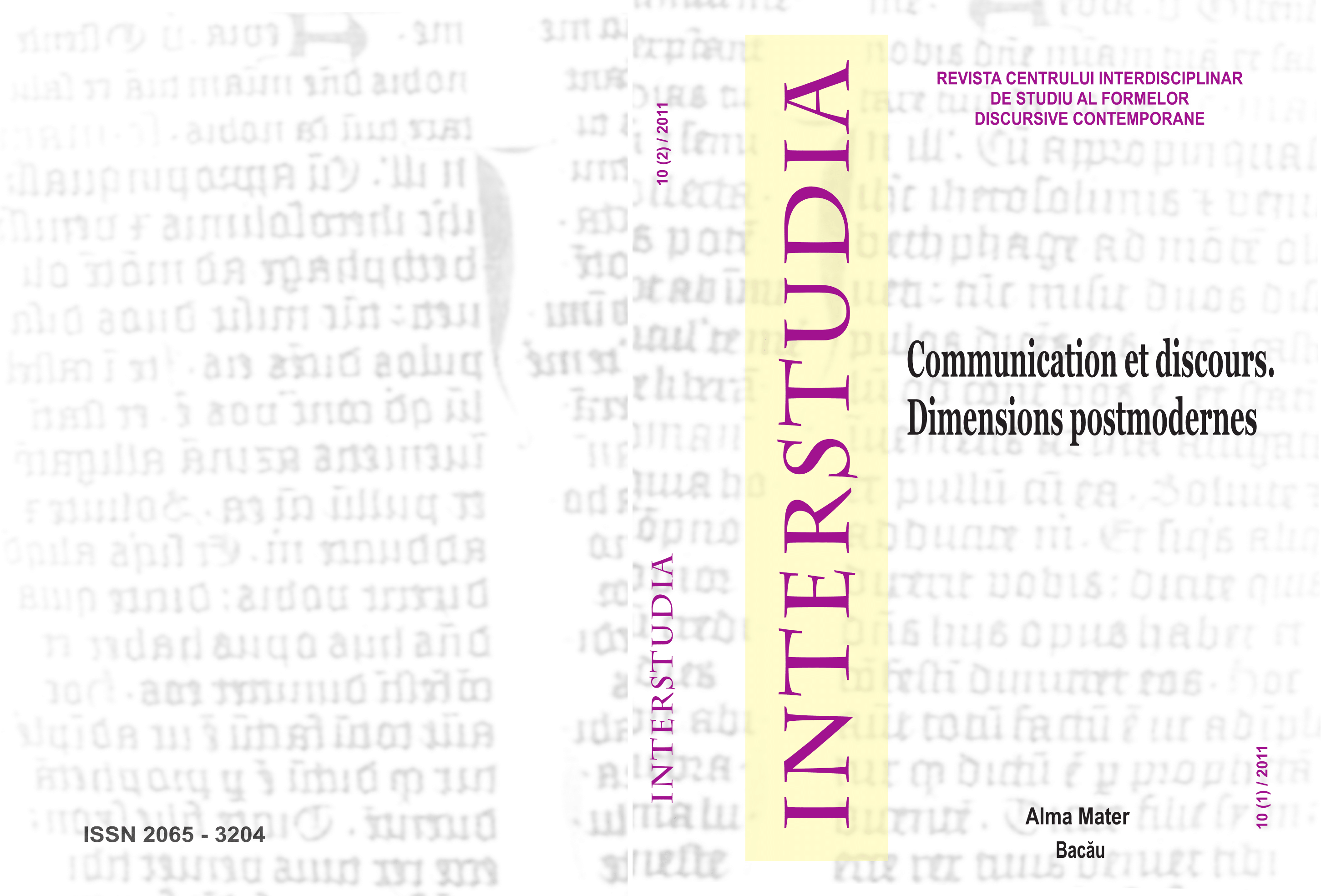Evolution of the public sphere in postmodernity: de-politization of political communication
Evolution of the public sphere in postmodernity: de-politization of political communication
Author(s): Dumitru BorţunSubject(s): Cultural Essay, Political Essay, Societal Essay
Published by: Editura Alma Mater
Keywords: legitimacy; public sphere; public image; political marketing; populism.
Summary/Abstract: Along with the collapse of all symbolic vaults of pre-modern and modern societies (religions and the great laic ideologies, respectively), legitimacy cannot be gained by appealing to the ‘sky of tradition’, or through the teleonomic values of an ideology. Post-industrial society is a ‘disenchanted’ society in that the impact of great ideologies is not decisive in the public sphere: they no longer participate to the ‘critical debates on the general interest matters’ (Habermas), and consequently to the legitimacy process of individuals, groups, organizations and state-nations. From a philosophical viewpoint, the criticism of abstract humanism and of state power from the ‘60s and ‘70s has been replaced by the deconstructive strategies, while the new ethical and political openings are long in coming. The need for legitimacy can no longer be satisfied by science, since the cultural relativism impairs the idea of ‘objective reality’, the post-positive epistemologies define knowledge as a ‘social product’ and the truth is dethroned in the public spare by a new goal (end) value: consensus. In this new landscape, legitimacy is no longer constructed from top-down and once and for all, but rather from bottom-up and on a daily basis. The new nature of legitimacy has triggered the appearance of new strategies and objectives and consequently of new techniques of legitimacy whose core concept is credibility and whose main instrument is the image as a ‘small story of legitimacy’ (Lyotard). Thus, legitimacy becomes the stake of a permanent, daily and highly specialized activity – thought, projected and performed under the seal of a new social design: Public Relations. The legitimacy strategy belongs rather to the domain of communication than to the one of doctrine. It becomes an ‘efficient strategy of communication’, that is a Public Relations campaign. Hence – the possibility of unbounded manipulation with all consequences deriving there from. One of these consequences is the generalization of populism that we consider to be the final product of the marketization of political communication. The generalization of populism gives us evidence of the fact that we have entered a new society and announces the beginning of a new epoch in the history of political systems.
- Issue Year: 2011
- Issue No: 10/2
- Page Range: 170-183
- Page Count: 14
- Language: English
- Content File-PDF

